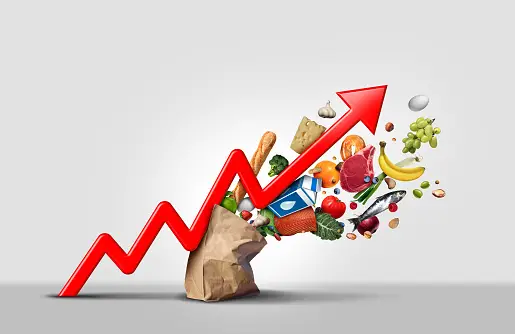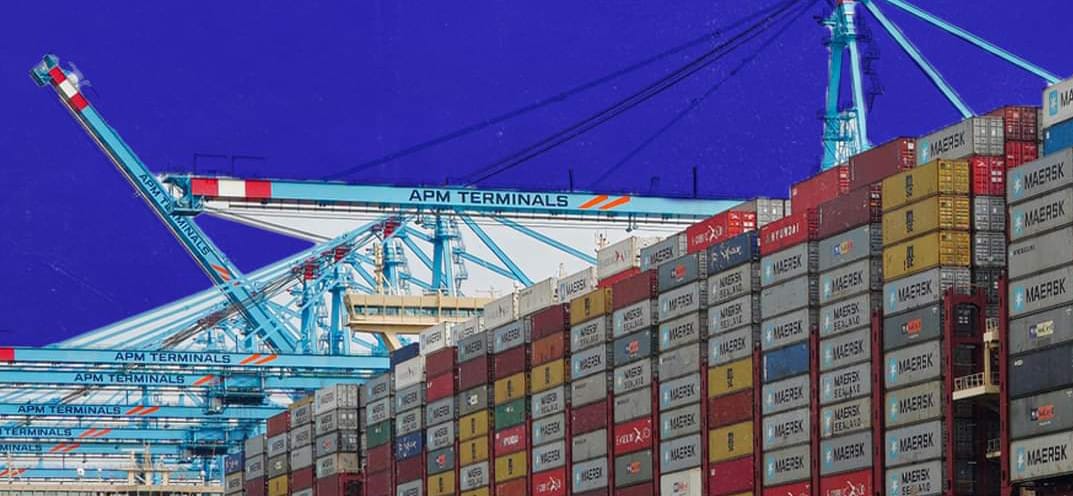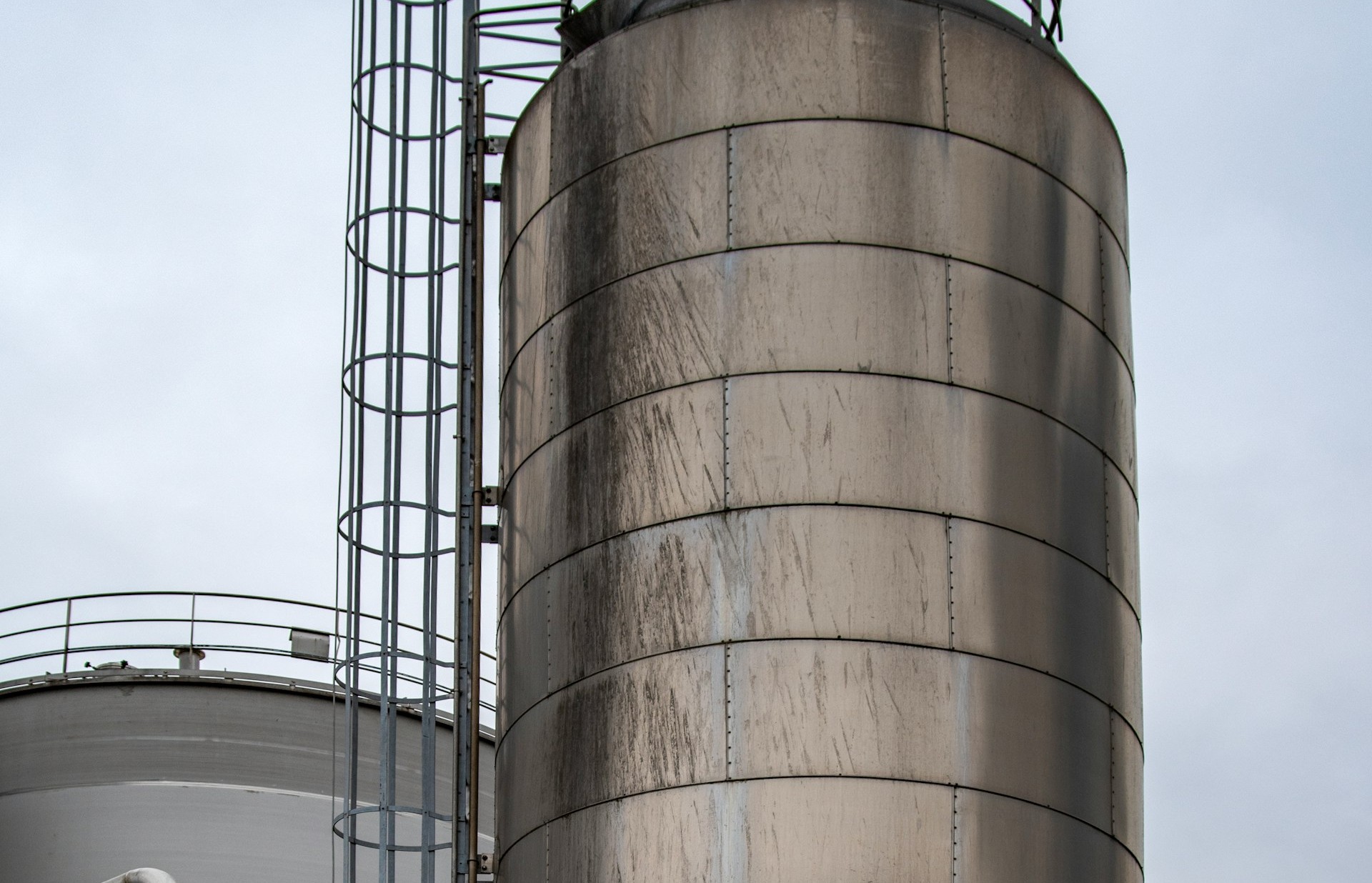Casablanca- Morocco’s economic landscape is undergoing notable shifts as Bank Al-Maghrib (BAM), the Bank of Morocco, forecasts a decline in inflation rates over the coming years. According to recent reports, BAM anticipates inflation to decrease steadily, with projections indicating a notable decline by the end of 2023. The average inflation rate is expected to settle at 6.1% by the close of the year, marking a decrease from the 6.6% recorded in the previous year, 2022.
This downward trajectory in inflation has been attributed to various factors, including the anticipated disappearance of inflationary pressures stemming from external sources. Additionally, direct effects from fiscal measures outlined in the Finance Law for 2024, along with the gradual elimination of subsidies on the compensation fund as part of the 2024-2026 budget programming, are expected to contribute to this trend. Coupled with the assumption of semi-stability in volatile food prices, these factors are likely to drive inflation down to approximately 2.4% by 2024 and 2025.
The recent economic projections align with BAM’s observations regarding inflation trends over the past year. Since reaching a peak of 10.1% in February, inflation has steadily decreased, falling to 4.3% by October. This decline is expected to continue, with inflation rates projected to close the year at an average of 6.1%.
In parallel to these economic forecasts, Morocco’s central bank has also noted a similar trend in medium-term inflation expectations among financial sector experts. The latest quarterly survey conducted by BAM indicated a continued decline in inflation expectations throughout the fourth quarter of 2023. This suggests a growing consensus among experts regarding the trajectory of inflation in the coming years.
Furthermore, BAM’s recent decisions to raise the key interest rate are expected to have a cumulative impact on monetary conditions and the real economy. While these decisions aim to address inflationary pressures and stabilize the economy, their full effects are yet to be realized.
Overall, Morocco’s economic outlook appears to be evolving, with inflation rates expected to decline steadily in the coming years. These projections provide valuable insights for policymakers and stakeholders as they navigate the country’s economic landscape and plan for future growth and stability. As Morocco continues on this path, careful monitoring of inflation trends and proactive policy measures will be essential to ensure sustainable economic development.
















